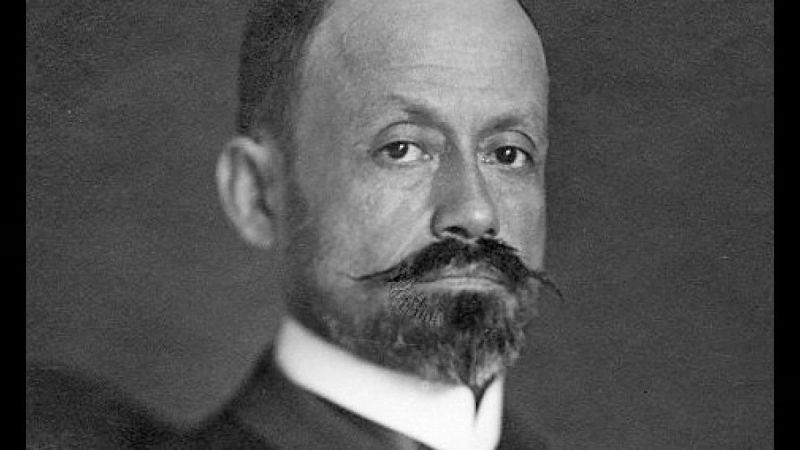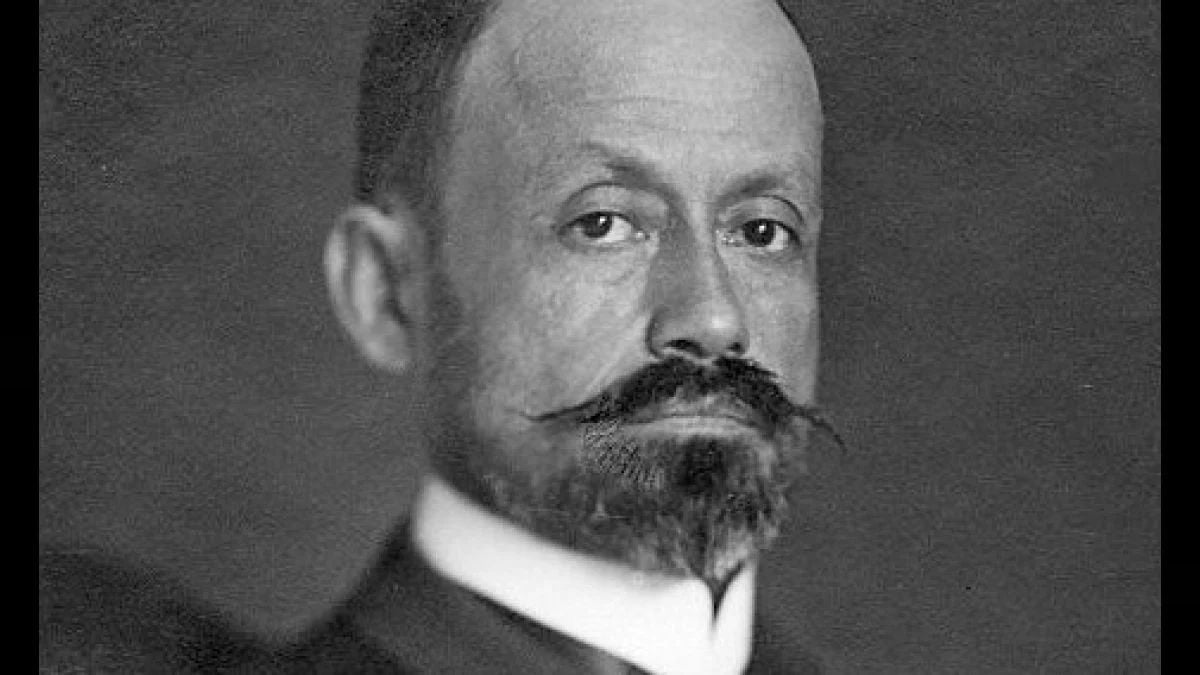Cipriano Castro: Anti-imperialist thinking that confronted the insolent plant of foreigners


Internet

Published at: 04/12/2024 09:01 AM
On December 4, 1924, José Cipriano Castro Ruiz died in Puerto Rico. He was more than a Venezuelan soldier and politician, he was a libertarian and combative man, as well as a great strategist who became President of the Republic between 1899 and 1908, after the triumph of the Liberal Restorative Revolution.
He was born on October 12, 1858 in La Ovejera de Capacho, in the state of Táchira. During his term of office, he faced strong political opposition from both national and international sectors. However, his entry into Caracas was unanimously acclaimed, so much so that even the upper bourgeoisie of Caracas, who had prepared a banquet for Andrade, who was supposed to be the winner, gave it to Castro.
But before long, the old-fashioned warlords, bankers and big Venezuelan merchants, as well as foreign investors resolutely resisted accepting a president with whom they felt neither politically nor financially represented, much less could he be part of the powerful elite that for decades had concentrated economic power in a few hands.
On February 14, 2003, Commander Hugo Chávez presided over the transfer, from the La Restauradora Mausoleum in the state of Táchira to the National Pantheon, of the mortal remains of General Cipriano Castro.
Mazo News Team